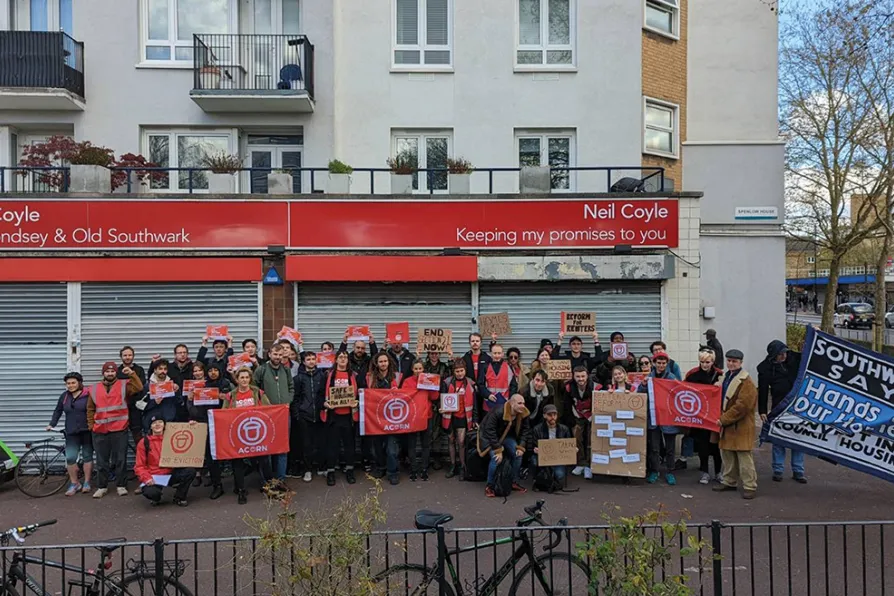RAMZY BAROUD offers six reasons why Netanyahu is prolonging conflict in the Middle East

 Community organisations Acorn and Southwark Defend Council housing rally for renters’ rights, April 9 2022
Community organisations Acorn and Southwark Defend Council housing rally for renters’ rights, April 9 2022
VOLUNTARY action, like lay leadership and involvement in unions, is encouraged and widespread in a range of organisations.
Thirty-eight per cent of the population are involved in some form of civic participation, around 75 per cent often give to charity with £22 a month being an average donation.
The most commonly cited reasons for being involved in volunteering in the community are that people want to “improve things” or “help people.”

Labour’s watered-down legislation won’t protect us from unfair dismissal or ban some zero-hours contracts until 2027 — leaving millions of young people vulnerable to the populist right’s appeal, warns TUC young workers chair FRASER MCGUIRE

DAVID MATTHEWS looks at what a collective future for welfare might have in store for us

This ‘Big Meet’ our focus is building the next ‘Megapicket,’ say HENRY FOWLER and GAWAIN LITTLE of the General Federation of Trade Unions

Head of education, campaigns and organising for the General Federation of Trade Unions HENRY FOWLER explains why it is launching a fund to support trades councils and give them access to a new range of courses and resources











